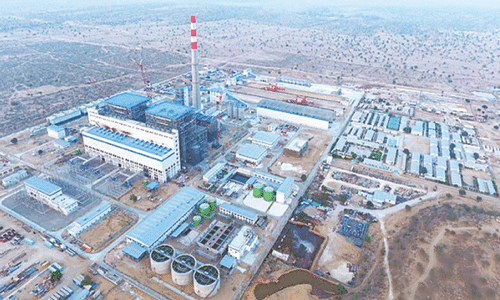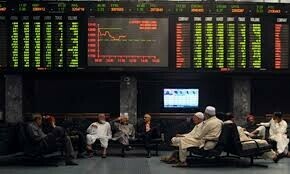ISLAMABAD, July 18: Official planners have proposed to the government to firm up and approve a long-term industrial policy early with clear goals, targets and sector-specific incentives to attract sizable investment in the weakening engineering sector.
The government was asked to also devise new structure for Pakistani firms to have joint ventures with large multinational corporations to invest in Pakistan and help make it a member of the global supply chain.
In this regard, according to an official report also made available to Dawn, the government was told to negotiate existing agreements with foreign partners to permit export of tractors, cars, etc. from Pakistan.
Similarly, the planners believed that the existing taxation system should be reformed to ensure effective implementation of R&D tax benefits and timely tax refunds.
The government was also urged to remove discrepancies/anomalies of preferential treatment for duty free import of products and greater and effective use of existing R&D institutions such as PCSIR in close collaboration with the industry concerned having laboratories in provincial capitals.
Talking about human resource development, the report said that this sector currently employs around 600,000 workers and contributes significantly to the GDP.
“We save approximately $3.37 billion per annum through import substitution. The performance of the engineering sector is, however less than satisfactory. Its share in meeting local demand is merely 25 per cent and with the growing domestic demand imports have almost doubled over last 8 years. Our share in the world exports of engineering goods of $6 trillion is only $0.27 billion.”
Recommendations were made in the policy areas and it this regard it was said that low technological base and low value-added production, which was largely confined to the agro-based industry were the characteristics of Pakistan's engineering industry.
The causes of slow growth are: Ad hoc approach in policy formulation and preferences for import of turn-key plants and machinery, priority to less value addition areas for investment and tariff support and lack of adequate incentives to attract investment in high value-added sectors.
Unfavourable cost structure due to lack of economies of scale in production, high inventory carrying costs, low labour productivity, high utilities cost and high cost of local inputs: particularly steel products.
There’s a poor quality culture due to lack of R&D design and support facilities resulting in the inadequate vending/sub-contracting facilities and lack of entrepreneurship and management skills.
“We may draw upon the experience of Malaysia and Korea by developing strong engineering base through different measures,” it said adding that the establishment of the Engineering Development Board is a right step for providing policy direction and impetus for growth of the engineering sector but a lot is still needed for achieving the potential growth rates. These include: The most important step for the promotion of engineering sector is to allocate more resources to basic, technical and engineering education. Neither the existing institutions are catering adequately to the need of the industry nor they are fully equipped to develop the requisite skilled and professional woman/manpower for producing quality products. Therefore, the graduates of these institutions are not in line with the industry demand. Hence, HRD for the engineering sector is a pre-requisite.
HRD Boards: Autonomous HRD boards are proposed for each of engineering sector with close collaboration with engineering universities and industries to cater for the industry needs. These boards should comprise of members from the engineering industry, academics and government. The main objective of the board would be to build the bridges between the academic institutions and industry.
Internship Programme: To have a practical knowledge, engineering students, after completion of course work, should be given one-year mandatory internship in the industry.
Under the funding of the Higher Education Commission, young Engineers Overseas Training Programme should be launched for young and bright engineers to provide a dynamic and futuristic technical manpower to the engineering sector.















































Dear visitor, the comments section is undergoing an overhaul and will return soon.